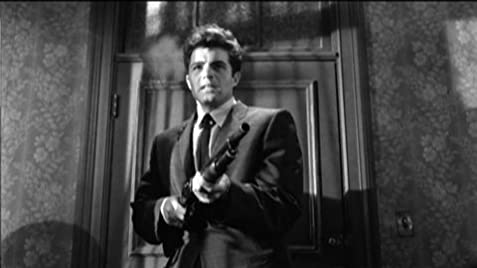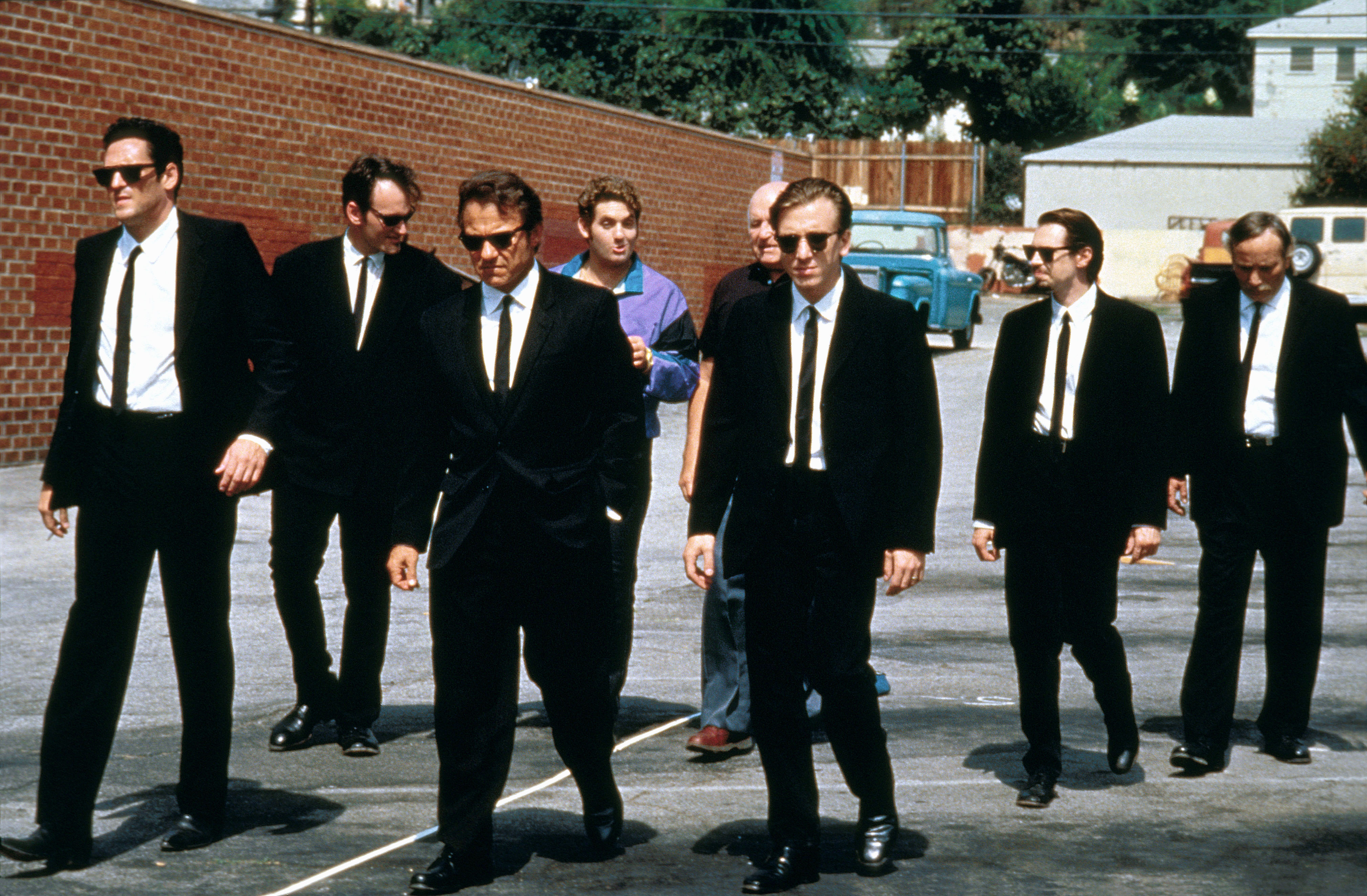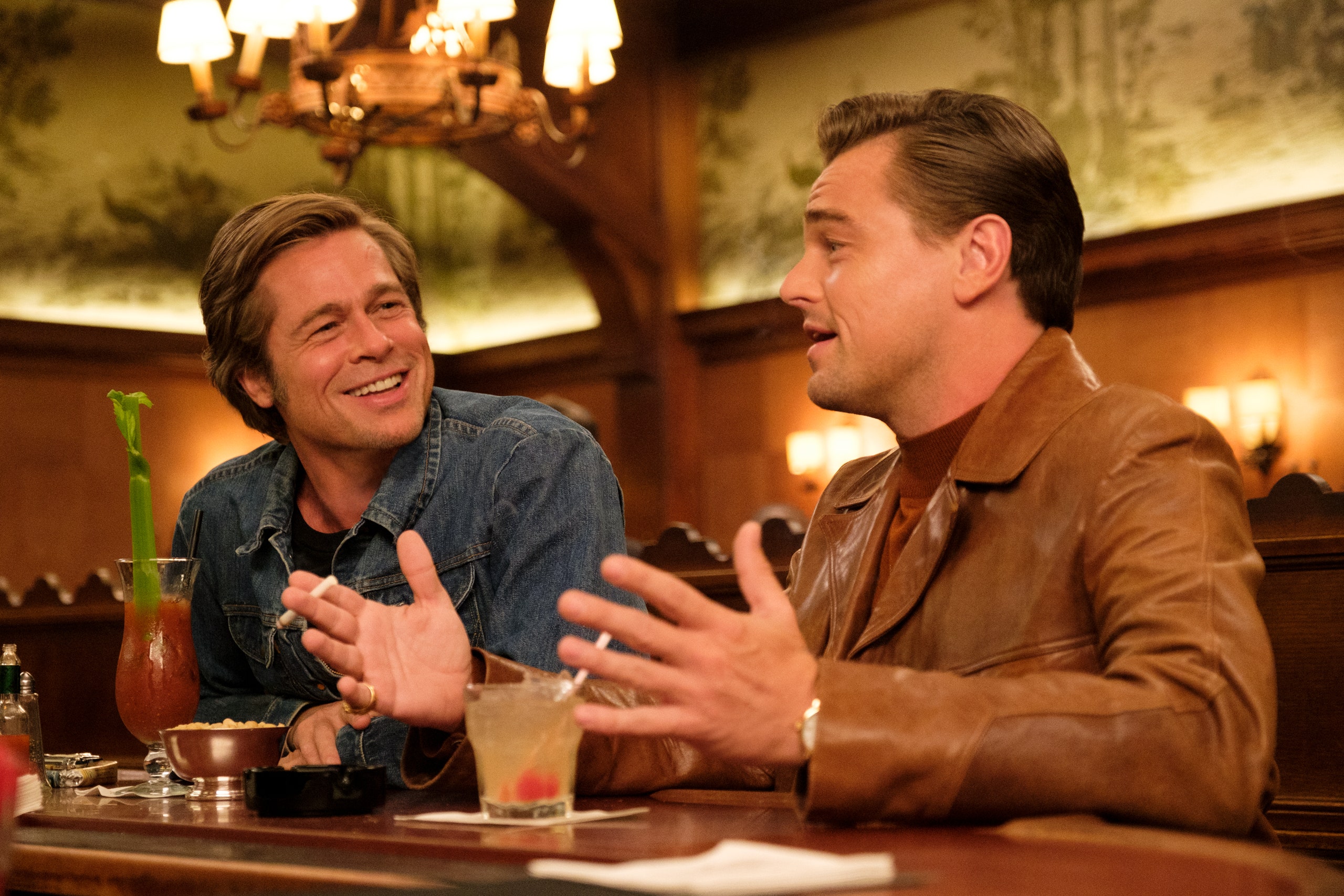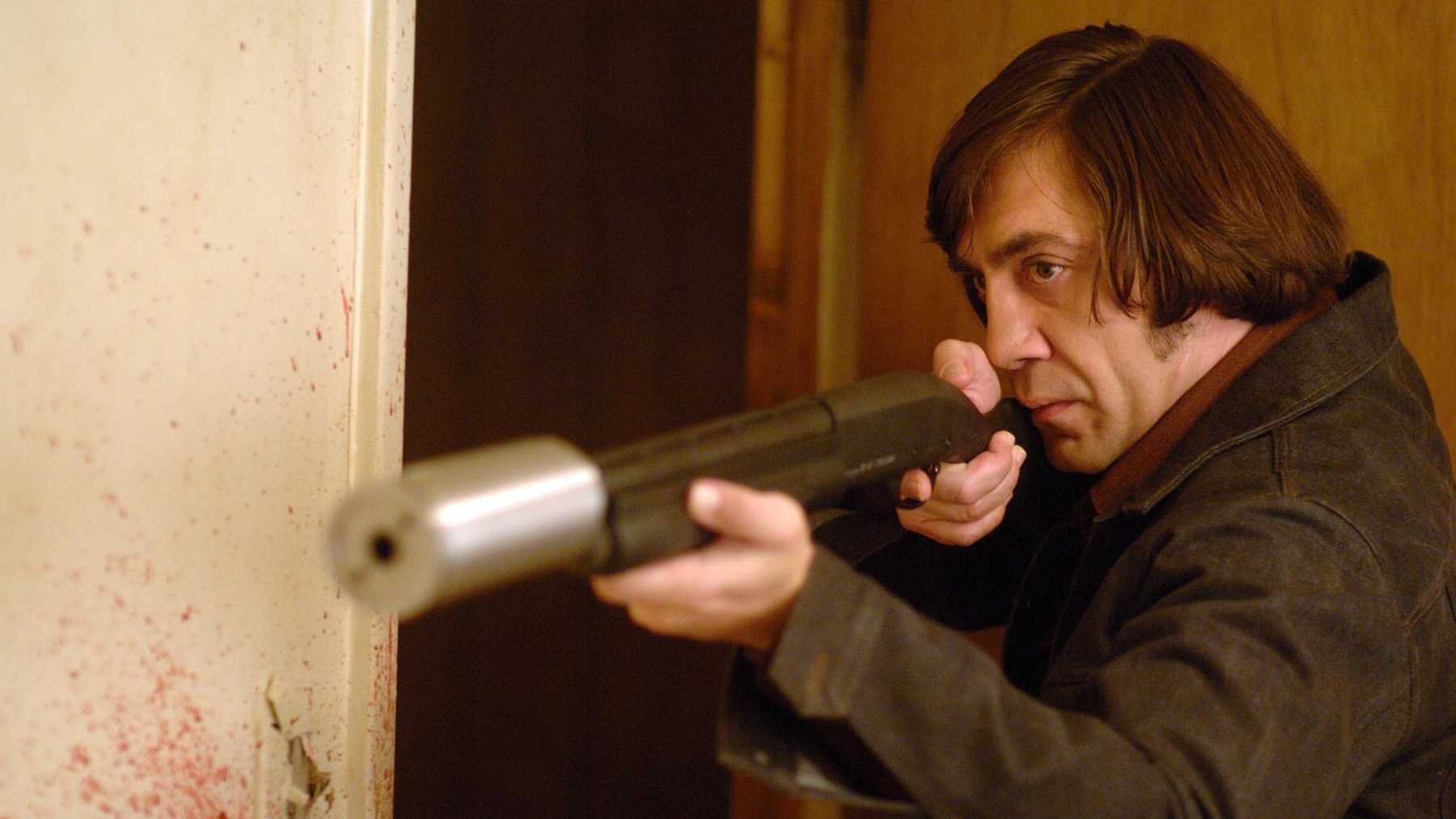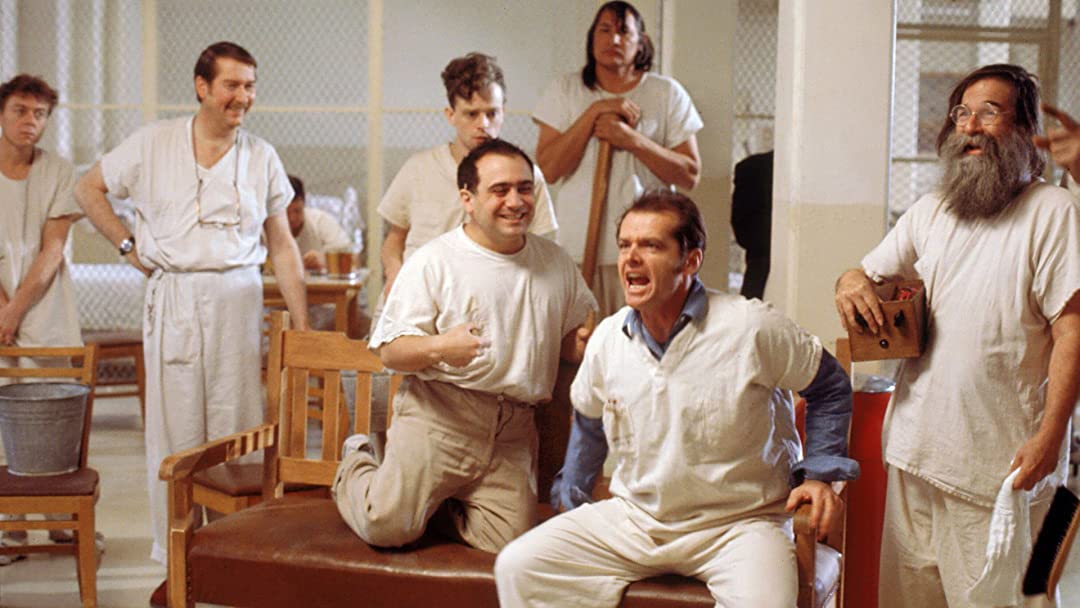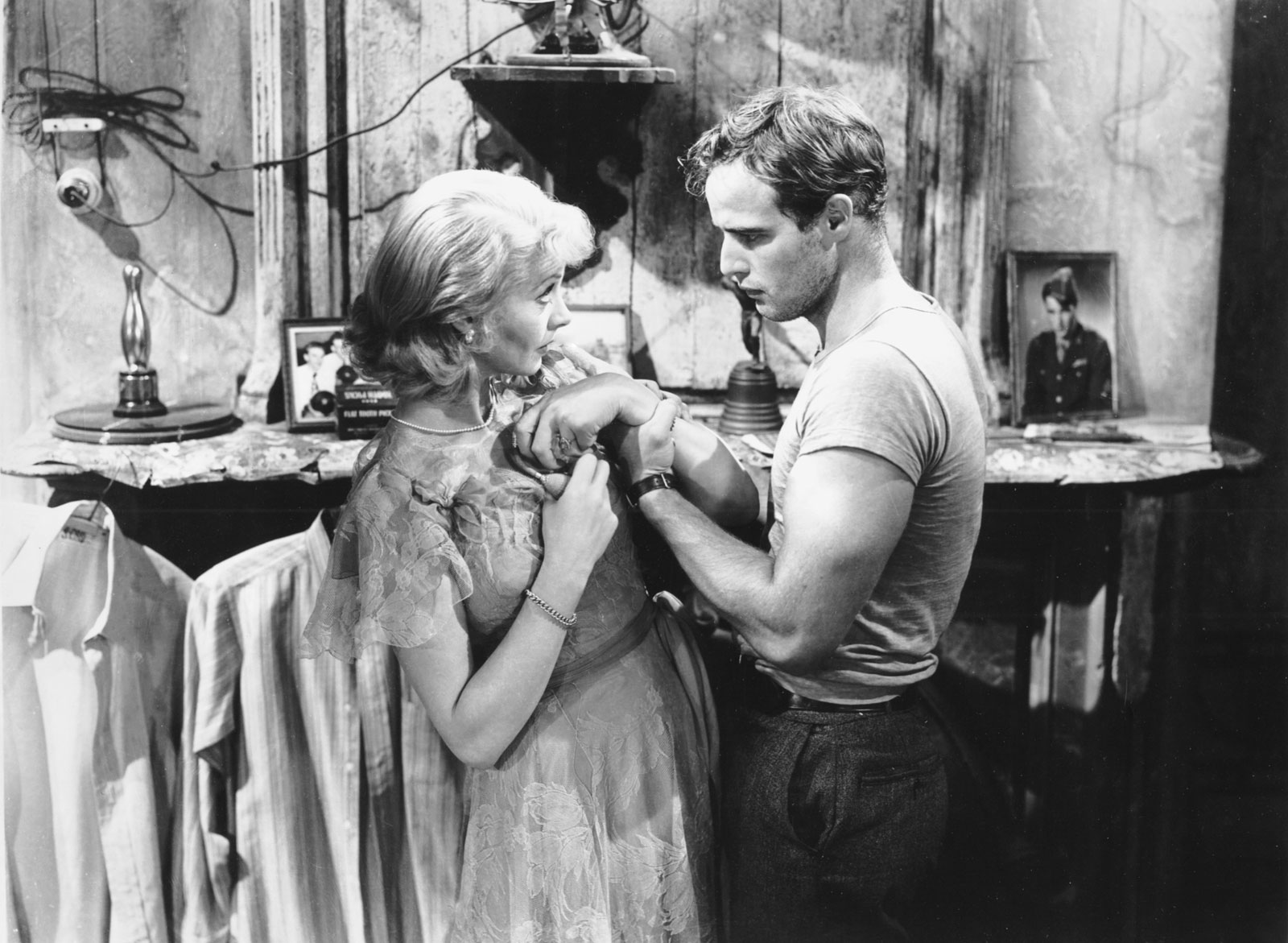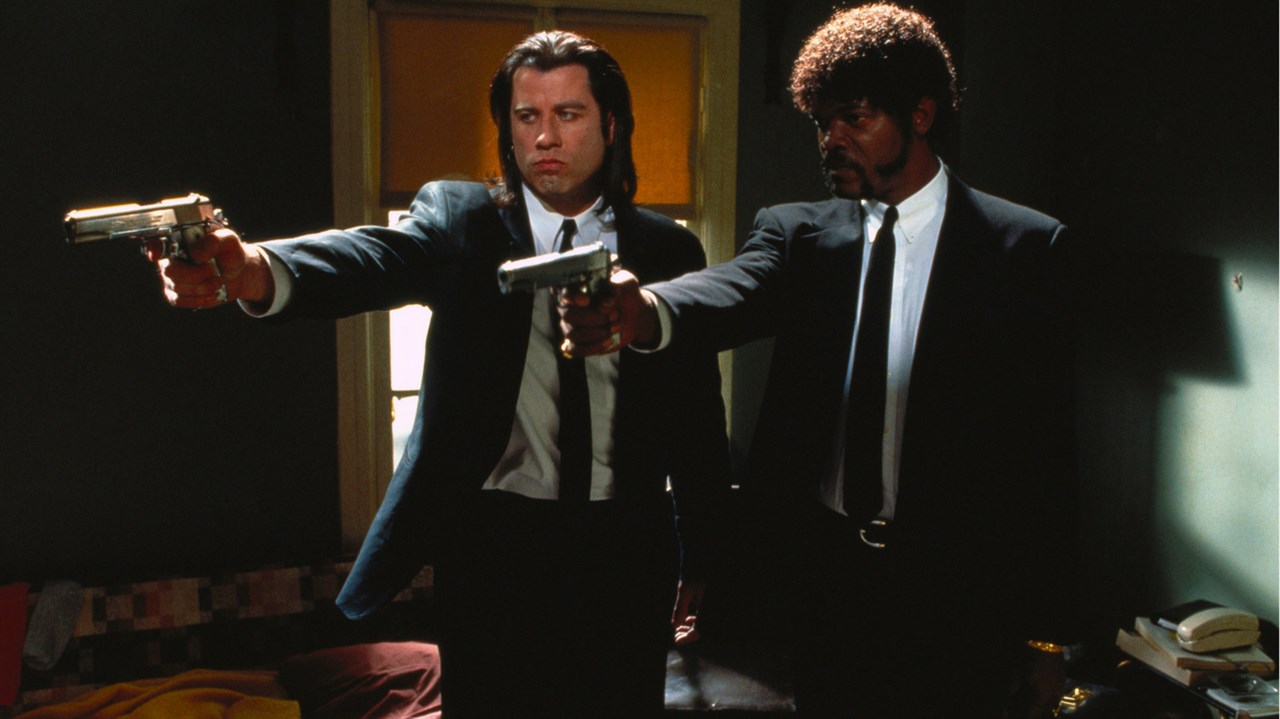Combined Rating: 9.3 (Peter 9.7, 8.9)
Combined Best Picture Ranking: #1 (Peter #1, Dad #4)
Peter: Without a doubt, the greatest achievement in film over the last year and I’d argue one of the great achievements of the century so far.
Joe: I was completely transfixed by this film but just generally knowing Peter’s passion for it, I am genuinely terrified to be dialoguing with him about it.
Peter: I’ve seen a common sentiment around this movie that goes something like “It’s objectively brilliant and important but not something I’d want to revisit.” The first half of that sentence is right on the money. I do, however, want to revisit this masterpiece, many, many times. It unlocked indescribable feelings in me, and glued me to the screen, unable to look away, like few films (I alternate between calling them “films” and “movies” a lot, but The Zone of Interest is unquestionably a “film”) have before.
Joe: I just breathed a sigh of relief that I used “film” in my opening comment.
Peter: A couple months ago, we watched a strange little French film that the most reputable film publication in the world declared the greatest of all time: Jeanne Dielman. Now, I think the debate over whether a film this insanely inaccessible and obscure deserves to stand for an entire medium is valid, but I do think it’s one of, if not the most fascinating film I’ve ever witnessed in my life. The routine mundanity of Jeanne’s life forces us to focus on the tiniest of disruptions, the tiniest of cracks forming in her dull facade. Then, when that shocking violent “climax” comes, we don’t get an intense or satisfying resolution. We just sit with it, re-examining in our minds everything we just witnessed over the last 3 and a half hours. I bring up Jeanne because Zone elicited very similar feelings in me, and I’m sure it at least served as somewhat of an inspiration to Jonathan Glazer. Both these films help me understand the brilliance of the other better. The most obvious connection in the filmmaking is in his use of fixed camera shots throughout, subverting the “manipulation” inherent to the language of film through the lack of camera movement. The discomfort in the experience of watching Zone of Interest is heightened by how, like Jeanne, it demands you just sit in it. The decision to both begin and end the film on several minutes of black screen is one of the most provocative. And that score swallows you up and throws you into the abyss of darkness. Perhaps the most universally noted and admired aspect of the film is the sound design, the method with which it reveals man’s duality. C’mon Academy. Oppenheimer is an admirable effort in sound work, but this film tells an entire narrative through its sound.
Joe: Further enhancing the sound design (which I’d say is insanely manipulative, unlike the fixed-camera approach), is a technique that Glazer throws at us pretty much right away in which he subjects us to a few long-lasting blank screens while incomprehensible sounds monopolize our senses. For me, it was somehow both frighteningly alienating and yet also, somehow, rather useful in calibrating or re-calibrating our sensibilities to adjust what we’re experiencing on the screen. The effect sort of reminded me of abstract expressionism pieces by painters like Rothko or Pollock.
Peter: It’s hard to find an aspect of Zone that doesn’t leave me shaken in my seat and send chills down my spine. I mentioned the “shocking violent climax” in Jeanne Dielman, and I think Zone has an equivalent jaw-dropping climax. The party scene at the end has me a little confused about its purpose… until Rudolf Höss calls up his wife and tells her what he was thinking about the whole time. Recontextualizes everything. This film just keeps topping itself in brilliance with each bone-chilling display of wasted humanity. And the Höss family IS humanized, terrifyingly so as we do not want them to be. Yes, those moments of unflinching cruelty are difficult to watch, but the scene where Rudolf and Hedwig Höss share an innocent laugh in bed is equally difficult. We’re forced to look inward and examine what it is that makes us uncomfortable. It’s not the lack of humanity, but the presence of it. This “banality of evil” idea could be tired and one-note, but I think the film has so much to say beyond that.
Joe: Peter describes it so well. Another one of these bone-chilling moments in the party scene is when Rudolf departs it and starts puking at the bottom of the stairwell. Which I gather is a symbolic show of the body reacting to the evil being perpetrated by the soul that presumably resides within it. As I watched the scene, I thought, okay here’s where he will show us that he is aware of the heinous genocide that he and his comrades are responsible for. I was waiting for a long-awaited grimace on his face or hesitation in his eyes. Nope. He just straightens back up like normal and keeps striding out of the picture… and back to Auschwitz.
Peter: We should talk about that ending. Killers of the Flower Moon’s ending has Marty reframing the story for the present. The Zone of Interest has the past and present staring at each other in the eye, forever fated to live in harmony. It’s such a finely edited sequence, almost making it appear as if the museum workers are downstairs, beneath Rudolf’s ominous staircase descension.
Joe: Since you mentioned KotFM, I’ve been thinking about the different approaches Scorsese and Glazer took to tell the story of a genocidal society. Until he breaks the fourth wall at the end, Marty’s approach is much more conventional, sequential, and panoramic – show the tables both the murderers and murdered sit around, the cars they drive or are driven in, the way each side dreams or schemes. Marty also reveals his alliance to Molly from the first time we see her come on screen. Glazer is more inscrutable. Probably the closest thing we get to a character we can hitch our wagon to is Hedwig’s mother, and she’s a small-minded racist, but at least has the shred of humanity that causes her to flee from the hellscape in the middle of the night. The Hoss’s Jewish servants are mute throughout the movie – the only character in the movie whom Glazer gives us to align with – the girl who performs acts of resistance by hiding apples – is also silent and even more so is shown in thermal imaging, which makes her seem all the more remote from our grasp. We’re trapped in closed, often confined spaces with the Hösses, and the complicity which that sort of forces on us as viewers is tough to stomach.
Peter: There (probably) isn’t a single solitary shot from this film that doesn’t still haunt me. The apple-hiding girl provides a beacon of light, albeit a light that’s impossible to find through the disorienting filmmaking style. Children, and the intergenerational effects they struggle to break, play a fascinating role in this narrative. If we continue with this Jeanne Dielman comparison, we can see how The Zone of Interest examines a much broader scope of humanity through its observation of banal routine. The fact that it accomplishes all of its ambitions in a runtime equal to Past Lives just makes this masterpiece all the more impressive. Another comparison the film demands and deserves is with the great Stanley Kubrick, for the cold atmosphere and multi-dimensional view of how conformity eats away at humanity. As this was a rare film that reminded me of the way I felt watching 2001: A Space Odyssey for the first time. It’s a fitting comparison. It needs to be said that Sandra Hüller is absolutely sensational and chilling here as well. She should’ve received the rare double-nomination for leading and supporting in the same year. 2023 was her year.
Joe: For our readers who keep track of such things, I sense that Hüller may be sneaking up on Julianne Moore as the leading lady in Peter’s heart, cinematically speaking.
Peter: I can’t think of a single thing to criticize. It’s the kind of masterpiece that reminds us, as corny as this sounds, of the power of cinema. The power of cinema is NOT in providing answers or escapism. I want to have my senses shaken and my world questioned, and I am sure I will be revisiting The Zone of Interest to uncover its dark mysteries many, many more times.

